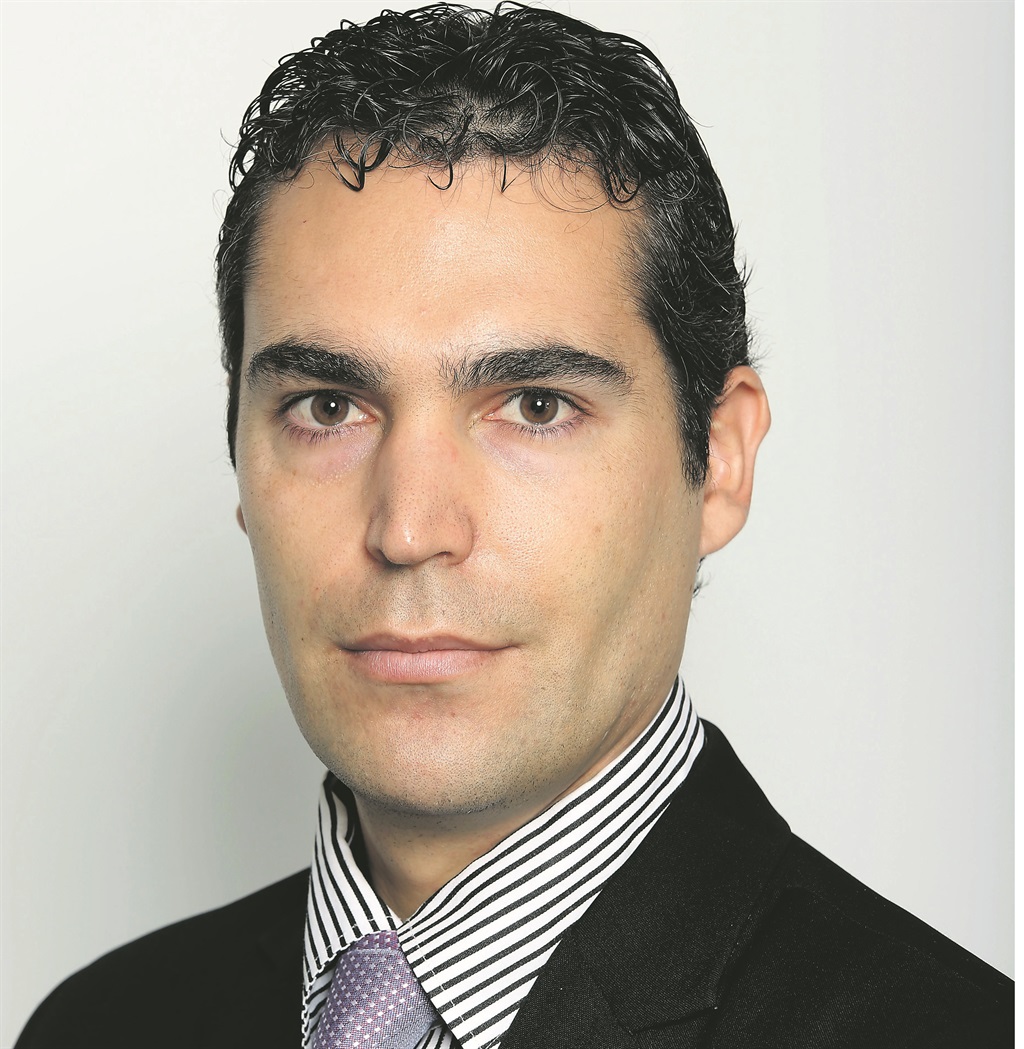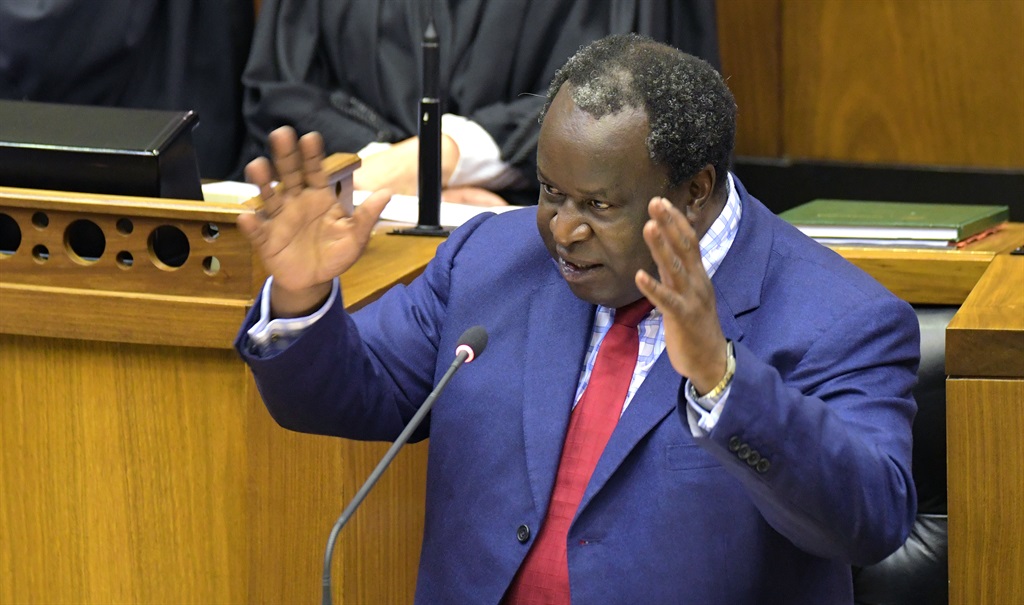
Finance Minister Tito Mboweni’s maiden budget speech presented a mix of positives and negatives, but the minister may just have done enough to create a credible narrative.
To some extent, Mboweni has met the expectations of Business Unity SA (Busa), which argued prior to the speech that we urgently need a credible economic narrative. However, these narratives have to be matched by tough policy decisions, such as taking steps to deal with state-owned enterprises (SOEs), carrying through on investment-oriented policies and decisively dealing with a bloated public sector. The country is fast running out of time to address these challenges.
The situation warrants a review of some of the budget’s key points, examining its merits and demerits, as well as the most pressing tasks that lie ahead.
The Good
. As predicted, there were no changes to the “big three” taxes – personal, value-added and corporate income taxes – aside from the absence of inflation-adjusted changes to personal income tax brackets, which is forecast to raise R12.8 billion in 2019/20.
In a context of declining tax buoyancy, the caution shown with regard to tax hikes is to be welcomed.
. The acknowledgement that the public sector wage bill is unsustainable is a positive signal, as is the fact that 50% of the costs associated with encouraging early retirement of public servants in the 55- to 59-year age cohort are to be borne by departments.
. The news that government will facilitate skilled immigration to alleviate skills bottlenecks will go some way to address the skills challenge. But skills and education interventions need to ensure a long-term solution to skills constraints.
. The allocation of R18.4 billion over the medium term to accelerate land reform is timely. Busa has warned that inadequate funds have been made available for land reform, with poor implementation and policy missteps compounding the challenge, regrettably leading to a sense of frustration with the very property rights, which are a key to investment and job creation.
. And last, although relatively small in scale, the launch of the Small Business and Innovation Fund, with funds of R3.2 billion, is endorsed, given the importance of small business to the economy and jobs.
The Bad
. Foremost is the lack of detail about Eskom and broader SOE reform. With widespread opinion that the state will need to provide outright financial support, the announcement that Eskom would be solely responsible for its debt was a surprise. Busa required a greater statement of intent by the state about its willingness, for example, to confront the challenge of reducing the headcount. In essence, Eskom’s issues were inadequately dealt with.
. The minister missed an opportunity to buttress his pro-growth narrative by the inadequate focus on reinforcing the government’s commitment to property rights and reassuring investors that expropriation without compensation would be handled responsibly. A chance to underscore the commitment to the SA Reserve Bank’s mandate and inflation targeting was lost.
. Also disappointing was the fact that there was precious little in the way of reinforcing key policy shifts required to ignite growth.
. Last, the allocations to water and sanitation are welcomed (R132 billion in the next three years, accounting for just more than 15% of public sector infrastructure expenditure). However, support from Treasury for drafting a financial recovery plan is not sufficient, given the emerging crisis in the sector.
The Task Ahead
The market reaction to the speech has been moderately positive, but cautious. It is arguable that South Africa has run out of time and more needs to be done to sell a credible narrative that the state will do what is says it will do.
We need to implement far-reaching reforms to turn the tide on the low growth trend; arrest the state’s deteriorating finances and high debt; confront the governance, operational and financial challenges besetting SOEs; and decisively address the rising public sector wage bill. Until government does that, the prolonged slump will stay and the investment climate will remain bleak.
Serrao is Busa executive director for economic policy




 Publications
Publications
 Partners
Partners









